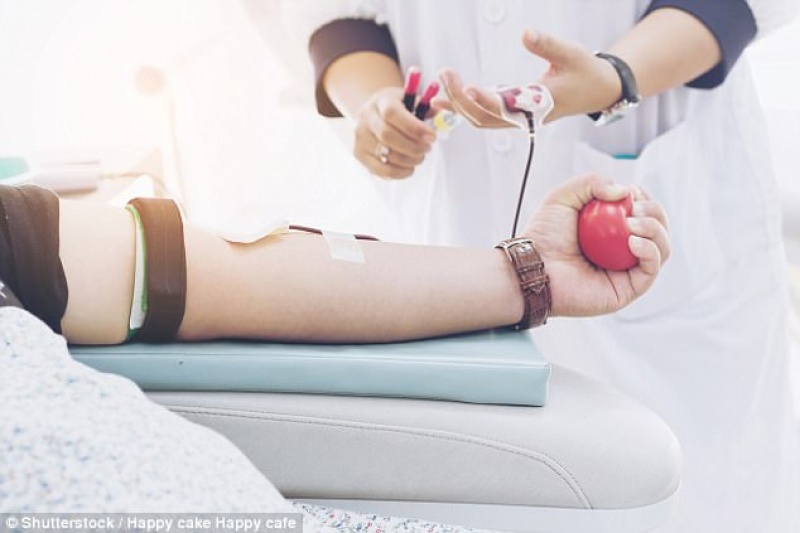
Sex workers and gay men are to be allowed to donate blood in Britain and Scotland after experts advised government that tests are now accurate enough to ensure safe samples.
Sex workers were previously barred from donating but they will now be allowed to give blood three months after they last had sex.
Men who have sex with men were only allowed to give blood 12 months after their last sexual activity but that will now be reduced to three months.
Scientists now say that a virus or infection will be picked up in blood tests within three months of infection, leading to the new rule that relaxes blood donor restrictions for “at risk” groups.
The rule changes will come into force at blood donation centres in Scotland in November, and in early 2018 in England.
The move has been praised by experts as a triumph for science over prejudice and stigmatisation.
Fears over infections being passed on through donations from gay men led to an outright ban at the height of the Aids epidemic which sparked complaints about prejudice as testing accuracy has improved for all donor blood samples.
All blood that is donated in the UK undergoes a mandatory test for HIV, Hepatitis B and C, and some other viruses.
The rule change will allow more people to donate blood without compromising blood supply safety, experts say.
The Government accepted the recommendations of the advisory committee on the safety of blood, tissues and organs (SaBTO) and are introducing the changes under equalities reforms.
Equalities and Education Secretary Justine Greening said the government was building on the progress on tackling prejudice made in the 50 years since the partial decriminalisation of homosexuality.
She also announced that reforms to make it easier for transgender people to choose their sex legally by removing the need for a medical diagnosis of gender dysphoria and speeding up the bureaucratic process will go out to consultation in the autumn.
“This government is committed to building an inclusive society that works for everyone, no matter what their gender or sexuality,” she said.
Ethan Spibey, founder of the FreedomToDonate group who has campaigned for reform, said: “The announcement marks a world-leading blood donation policy for gay and bisexual men and the other groups previously restricted.
“I began this campaign because I wanted to repay the donor who saved my granddad’s life after a major operation and this announcement means I’m closer than ever to doing that.”
Alex Phillips, blood donations policy lead at the Terrence Higgins Trust, told the BBC that the changes were a “victory for science over stigmatising assumptions”, adding: “The evidence suggests three months is the right amount of time.”
She told BBC One’s Breakfast that the lifetime donation ban for sex industry workers was based on “preconceptions rather than evidence”.
NHS Blood and Transplant said there was not currently a shortage of blood in the UK but 200,000 new donors were needed every year to replenish supplies.
It said there was a particular need for more people from black, Asian and minority ethnic communities to give blood.
Changes have also been proposed for people who have undergone acupuncture, piercing, tattooing and endoscopy, and for those with a history of non-prescribed injecting drug use but this would require changes to UK legislation.
In Scotland, the change was ordered by Public Health Minister Aileen Campbell and will be implemented by the Scottish National Blood Transfusion Service (SNBTS) and also follows recommendations from the UK’s SaBTO.
Prof James Neuberger, from the SaBTO advisory committee, told the BBC: “Technologies to pick up the presence of the virus have greatly improved, so we can now pick up viruses at a much earlier stage in the infection, and therefore it’s much easier to tell if a blood donor has the virus.”
Source: Daily Mail

































